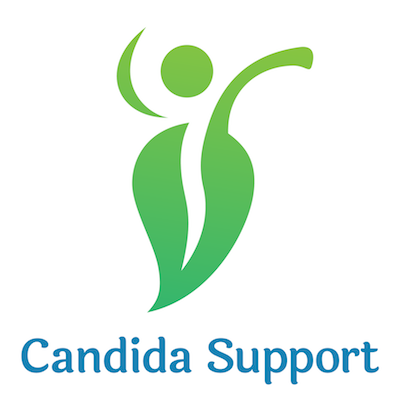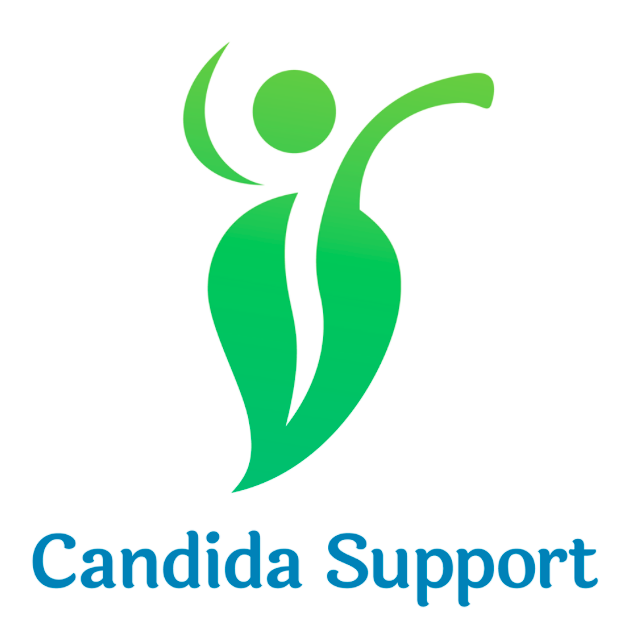Ditch the Itch: Is Candida Overgrowth the Cause of Your Skin Irritation?
It’s summer here in the Upper Midwest, and along with the fun in the sun, the woods and the water comes numerous opportunities to itch! Anyone who has suffered from poison ivy, bug bites, or flaking sunburn knows the uncontrollable urge to scratch at that annoying tingling.
But, maybe your itch is not from a close encounter with toxic oils, chomping mosquitoes, or too much sun. Might your Candida overgrowth be the cause of this itch you want to ditch? This blog post explains how to tell the difference.
First, visit your doctor and rule out bacterial skin infections and parasitic infections, like scabies. (If you are running a fever with the rash, or if the itchy bumps are red and raised and accompanied by swelling of the mouth or tongue—which could be a serious allergy—you need to go the emergency room ASAP!)
But if you are itching and don’t know why, if the doctor is mystified and can offer only a steroid prescription, you may have Candida yeast overgrowth. Constant unexplained itching and rashes often mean that a Candida overgrowth in your gut has spread to other parts of the body.
Skin conditions that can be a result of or made worse by unchecked fungal Candida yeast overgrowth include:
Eczema
Psoriasis
Jock itch
Athletes’ foot
Heat rash
Diaper rash
Dandruff/scalp itching
Cradle cap
Anal and genital itching
Rashes under the arms and breasts
How do I know if I have Candida overgrowth?
We are not doctors, but we offer four free Candida tests that can get you assess your Candida severity.
How to ditch the itch
In the meantime, how can you topically treat these crazy-making itches?
First, don’t scratch! As hard as it seems, ripping at already irritated skin can lead to infection.
Coconut oil is a powerful anti-fungal and can be used on most areas of the body, including the ears. Put a little on your finger and apply to the outer ear canal. Likewise, you can gentle apply to other sensitive spots like the anal-genital area. You can apply it to the skin after a shower for quicker absorption. Note: it can be a little greasy, so let it absorb before dressing. You can also massage it into your scalp and let it sit for 10 minutes or so before washing your hair.
Tea tree oil should always be diluted, in coconut or olive oil. It can then be applied to the skin or scalp. Do not use internally or in the anal-genital area.
Over-the-counter anti-fungal creams can also buy you some temporary relief, but be careful to use as directed. For example, be careful to apply athlete’s foot cream only on your feet, vaginal yeast cream on genitals only, etc.
The best way to banish that itchiness for good is to get to the source and treat your Candida overgrowth.
You can also download our FREE Candida Detox Recovery Guide for more tips on beating this annoying condition.
Yours for Health and Healing,
Your Friends at Candida Support


